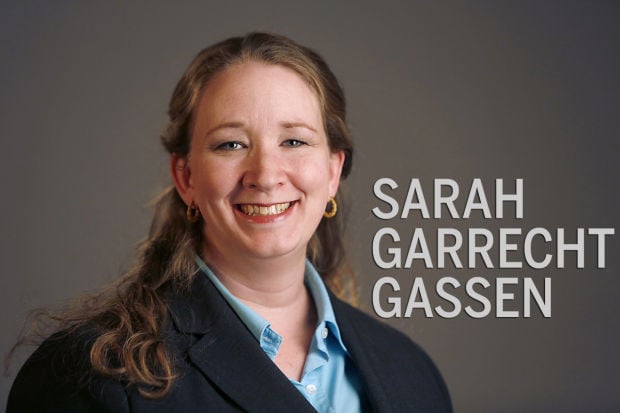What if we talked to each other?
More importantly, what if we listened?
Instead of filling in the presumed blanks in what another person meant, or must have meant, we listened to the words. Listened to the intent.
I’ve been guilty of this. Maybe we all have at some point. A familiar conversation heading down a well-worn path spurs a reaction before the words are even out.
I know that’s not quite what you said, but that’s what you meant.
Those leaps cauterize communication.
We can blame our habits on busyness, having a zillion things to do at once, being tired. And those excuses can be true. But tuning out means we’ve decided our attention is better used elsewhere — even if that elsewhere is nowhere in particular.
The reach for unspoken meaning can cause damage in personal relationships. Such shortcuts mean we’re taking each other for granted, that we think we know the person well enough to not have to listen to them anymore. We likely don’t think these things consciously, yet we can realize it and change.
But what about the larger world, where so much of what we need to hear is never said. We’re left to read between the lines, or to parse sentences that say nothing, searching for meaning.
In a public world where it feels like everything is a marketing pitch or spin, where untruths are presented and accepted as facts, we need to listen to what is being communicated under the surface.
This is especially true in realms where being forthright is a liability, like politics. The content contains more than words.
When Donald Trump refers to a woman as a “that” — as he did in reference to Carly Fiorina in Rolling Stone — we need to listen. He’s telling us his attitude about half the world’s human population.
When Fiorina, on the national stage, states as fact something untrue about Planned Parenthood, we need to listen. She’s telling us that she’s willing to make political points saying untrue things.
When Ben Carson states, “I would not advocate that we put a Muslim in charge of this nation. I absolutely would not agree with that,” we should listen. He’s telling us his views about who can be a patriotic American, and that he sees Muslims as untrustworthy.
Carson has since amended his statement saying that he’d be OK with a Muslim president if the person disavowed Sharia law and pledged to uphold the Constitution. His elaboration reinforces the premise of his first statement.
Sometimes, people – even politicians — say what they mean. Their words show us who they are, especially when they try to change what they said after the fact. Sometimes more analysis and decoding is required. But sometimes, a person’s meaning is there, before us, in words and actions.
We need to listen.





